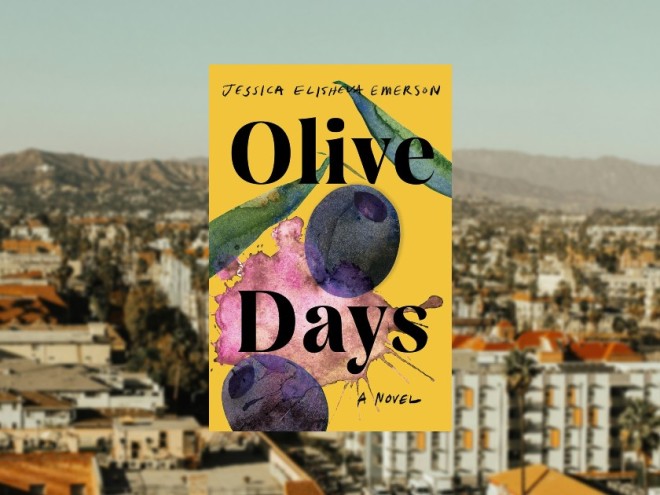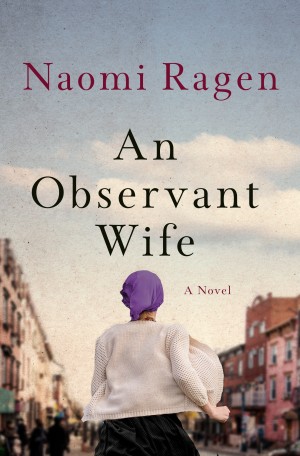Several passages in Jessica Elisheva Emerson’s luscious debut novel, Olive Days, include lists of tasks. Rina, a young Orthodox mother, readies the children, takes them to school, goes to the kosher grocery, prepares crafts for the kids, bakes Purim treats, cleans the floor, and bleaches the sink. She never stops. Her life is relentless — which is also how she describes the Jewish calendar to which she is beholden. It’s not God that Rina feels committed to; she is an atheist. It’s not even her husband, who does not respect her. Though she is an active member of the Orthodox community of Los Angeles, she does not have close friends. Rina is hypercompetent and a loving mother, but she is sleepwalking through her days — that is, until she meets non-Jewish Will, and her dull life becomes a frenzied fever dream of sex, art, beauty, and obsession.
Once Rina begins her affair with Will, her life is no longer made of lists. Infatuated with one another, Rina and Will share parts of themselves — their bodies, hopes, fears, and pasts. They speak repeatedly about being “seen” by the other. But Rina is not oblivious to her contradictions. Like so many women before her, she is trying to figure out what to do, how she feels, and what she wants.
Olive Days forces us to break away from our own lists of tasks and assumptions, to savor Rina’s story’s luminescence. Emerson is a stunning stylist whose words burn on the page. Her novel is sensuous, yet it’s not just about sex and scandal. Rather, Emerson’s heady prose captures the ache of wondering what we truly worship and why. What role do tradition and freedom play in what we value? Rina and Will speak of being “seen,” but what does it mean to be seen, and whom do we want to see us?




